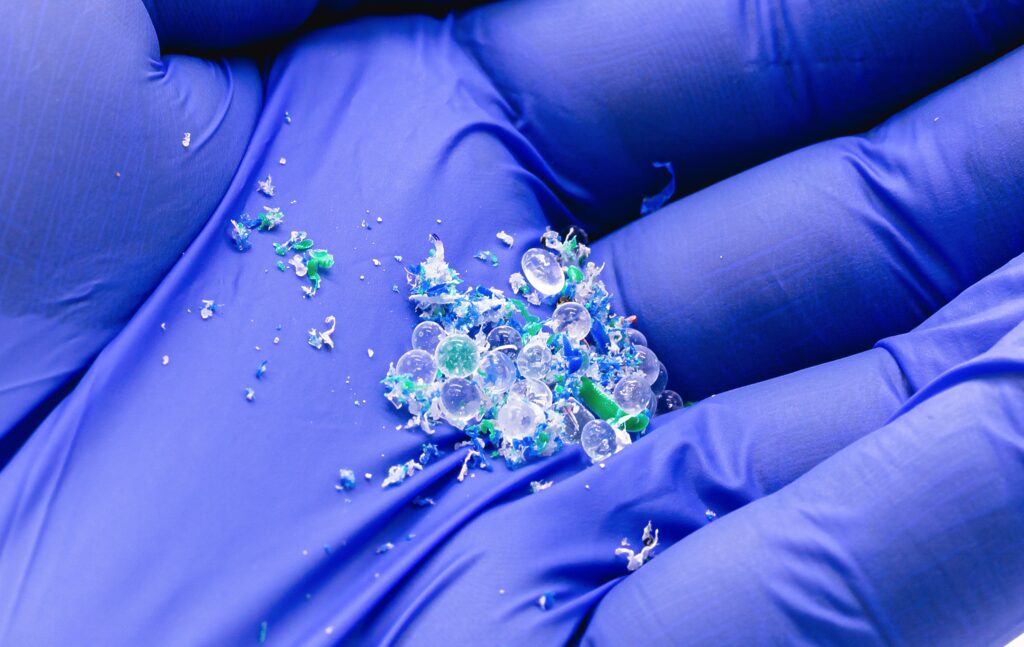Microplastics have been found in our blood, lungs, guts – even our brains. Scientists estimate the average person may carry around 5g inside their body.
Austrian researchers recently discovered that exposure to microplastics changes gut bacteria, producing chemical patterns linked to depression and cancer. “Reducing exposure is a wise precaution,” said Dr Christian Pacher-Deutsch.
These particles come from packaging, clothing, cosmetics and tyres. They can slip into organs and even cells. “We’re finding them in almost every tissue,” said Dr Jaime Ross from the University of Rhode Island. Her mouse studies showed behavioural changes and signs of brain damage after microplastic exposure.
Human research has found plastics in dementia patients’ brains and in arterial plaques linked to higher stroke risk. But experts warn that much remains uncertain. “We don’t yet know how harmful they are,” said Prof Stephanie Wright of Imperial College London.
Still, scientists suggest taking precautions:
- Avoid heating food in plastic.
- Use glass, steel or wood in the kitchen.
- Choose loose-leaf tea and natural fabrics.
- Check cosmetics for plastic ingredients.
- Keep away from heavy traffic to reduce inhalation.
We can’t avoid microplastics entirely — but cutting exposure may protect both our health and the planet.



